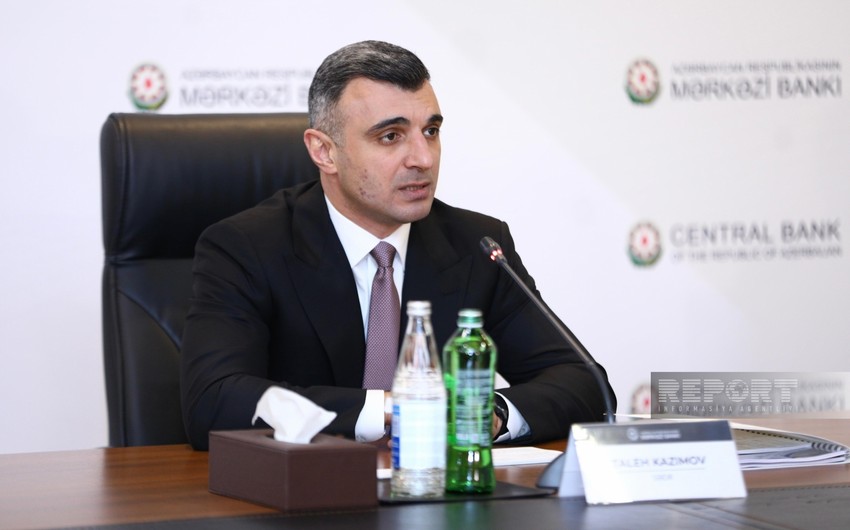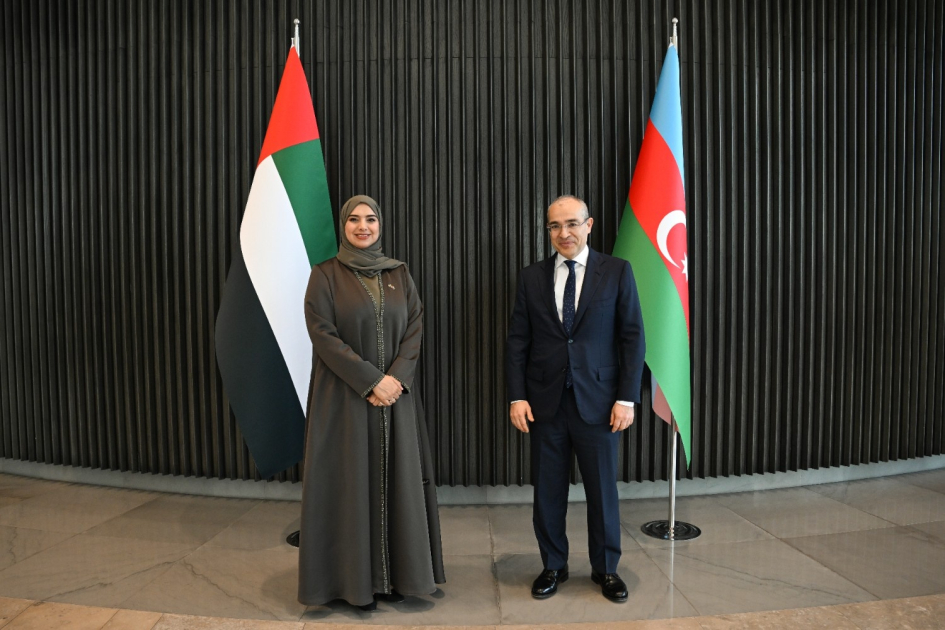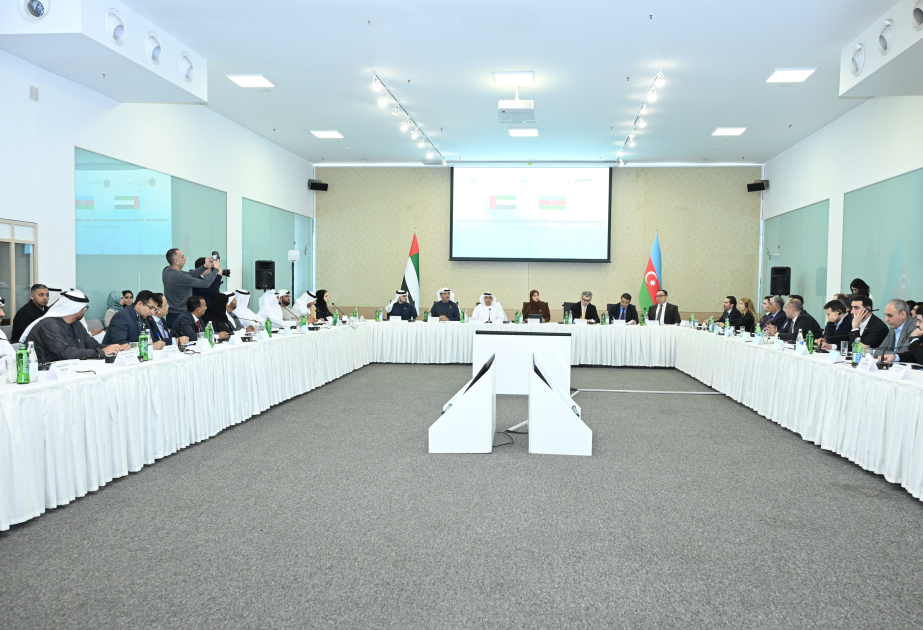The key consequences of current geopolitical situation for Azerbaijan include inflation, transformation of international settlements, increased use of digital assets and national currencies, and the need to comply with international regulatory requirements, according to Taleh Kazimov, Chairman of the Central Bank of Azerbaijan (CBA).
Report informs that speaking at the Al-Ula for Emerging Economies conference in Riyadh, Kazimov highlighted that global inflation remains one of the most significant factors affecting Azerbaijan's economy.
"In October 2022, inflation in the country peaked at 15.6%, but by the end of 2024, it decreased to 4.9%. Despite the ongoing uncertainty, we forecast inflation to be at 5.5% this year and 3.8% next year. Overall, inflation remains within the Central Bank's target range (4% ± 2%)," he noted.
Kazimov attributed the main cause of inflationary pressure to imported inflation, driven by the non-oil sector trade deficit, which accounts for 21.8% of GDP.
"Over the past three years, the average annual inflation among our trading partners has fluctuated between 11-15.8%. Thanks to the stable exchange rate regime of the manat and the strengthening of its nominal effective exchange rate by 13% per year, we have managed to contain inflationary pressure," he emphasized.
The second crucial factor, according to Kazimov, is the transformation of the international settlement system due to the introduction of sanctions, including against neighboring countries. "Previously, the US dollar dominated our foreign trade, accounting for about 90% of settlements. However, we are now witnessing an increase in the use of national currencies in international payments, as well as a growing interest in digital assets, including cryptocurrencies," the CBA chairman stated.
In response to these changes, Azerbaijan has accelerated the development of a regulatory framework for digital assets, which should enhance transparency and reduce risks. Kazimov also stressed that Azerbaijan has made significant progress in financial sector regulation, particularly in the areas of anti-money laundering (AML) and compliance. "We strive to maintain a balance between stimulating the financial market and complying with international requirements. As a result of these reforms, the correspondent network of Azerbaijani banks, especially in the US, has significantly expanded," he noted.
The geopolitical tensions are accelerating changes in Azerbaijan's economic policy, requiring adaptation to the new reality in international settlements, regulation of financial flows, and combating inflationary risks.



















